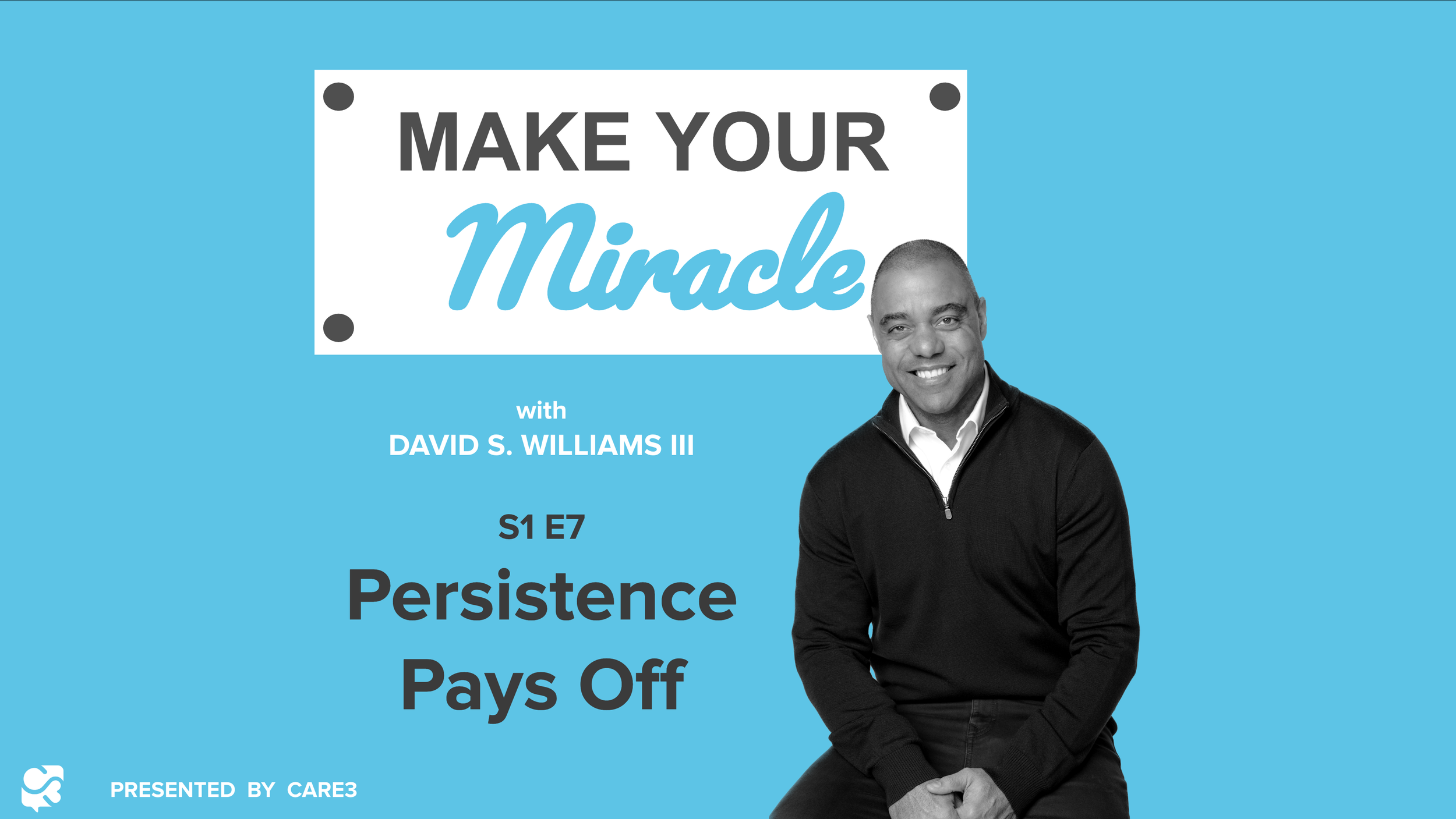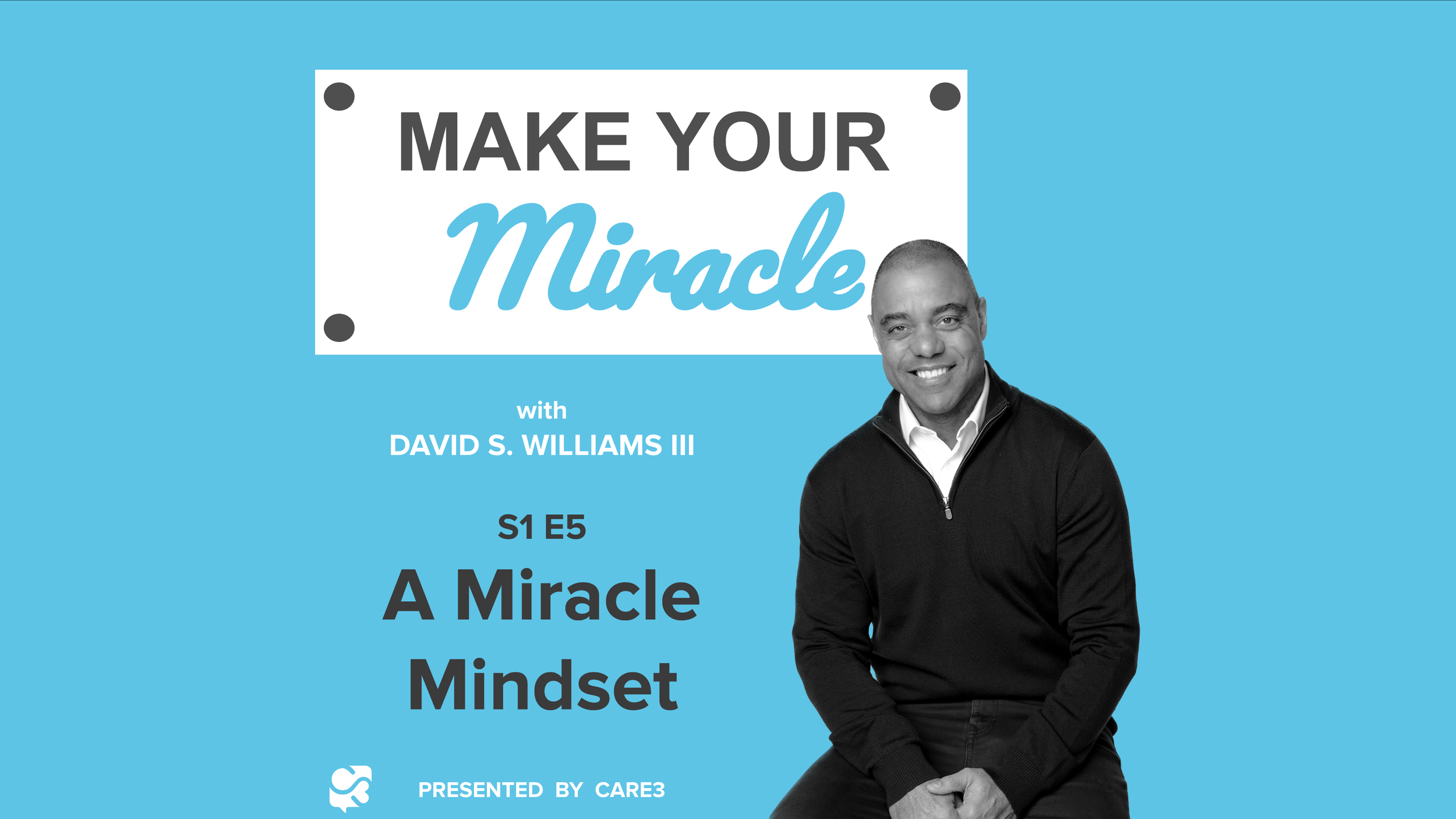
S1 E7: Persistence Pays Off
Persistence stands in the face of adversity and pushes through persistence, keeps things moving even when there are headwinds, tidal waves, quick sand, even walls and other obstacles and barriers to your improved health. Persistence overcomes obstacles. When you are persistent, you don't take no for an answer, you find a way.

S1 E6: Log the Lifestyle
In previous episodes, you've heard me talk about the path less traveled people who took a different alternative way, but found and made their health miracle. What is that path? That is the topic of this episode of Make Your Miracle and you're about to learn how to create, define, refine, and walk your path to make your miracle, to make it your reality.

S1 E5: A Miracle Mindset
In this foundational episode, you'll learn how to focus your mind on achieving your goals, how to focus your attention, silence the noise, eliminate the distractions. You're going to learn how to more than believe—you're going to know the outcome. This episode is called A Miracle Mindset.

S1 E4: The Miracle Method
What doctors don’t say is that the data, the evidence, always has cases that achieve the unexpected–the impossible, the miraculous. Always. So you have to believe that can happen in your situation.

S1 E3: Miracles Every Day
If you or your loved one are undiagnosed, autism spectrum, rare disease, or have a combination of complex conditions, then this is your podcast.

S1 E2: Make Your Miracle
This episode will define how you approach health and care because you will learn how to Make Your Miracle. That’s why this foundational episode is shares the title of the entire podcast. This episode is a MUST-LISTEN if you want to learn…

S1 E1: Moment to Momentum
If you follow this path, it will deliver you health outcomes that others will say are impossible. People who haven’t seen you or your loved one in a while will see your progress, your change, your transformation and stand in disbelief.
